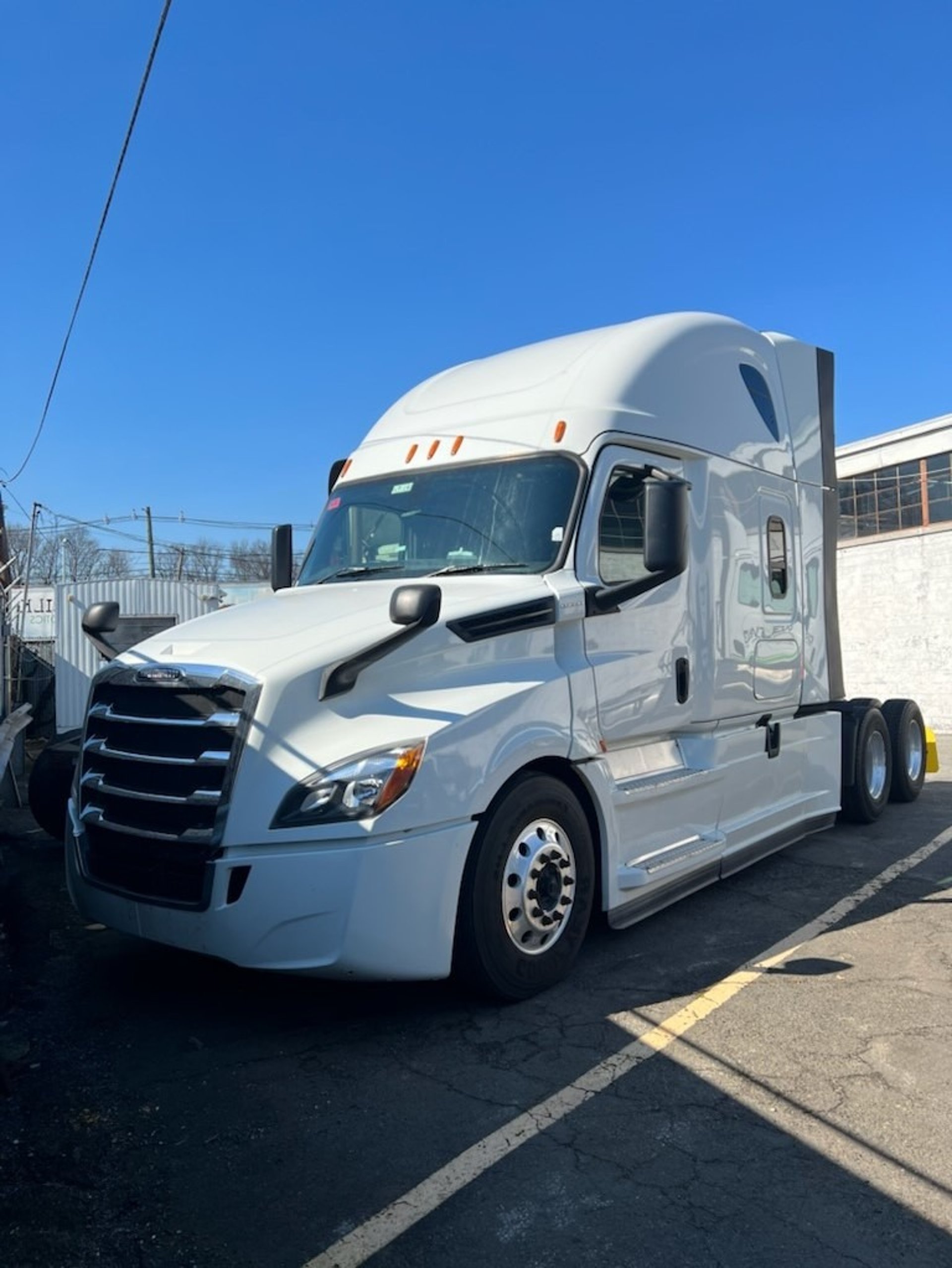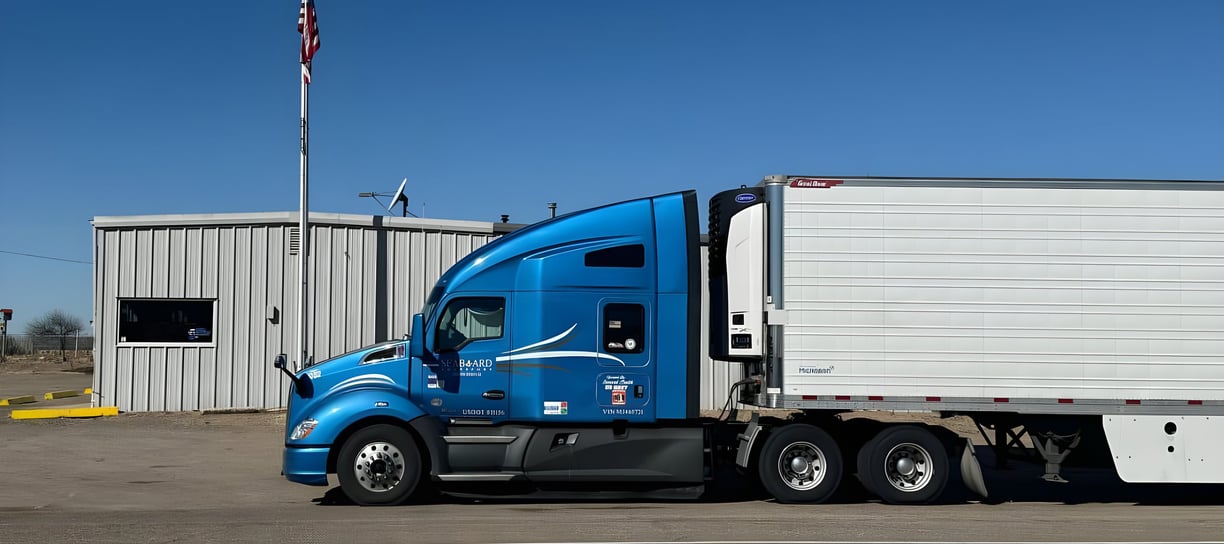
Class A CDL
A Class A Commercial Driver’s License (CDL) allows you to operate any combination of vehicles with a gross combination weight rating (GCWR) of 26,001 pounds or more, provided the vehicle being towed is heavier than 10,000 pounds. This includes tractor-trailers (semi-trucks), flatbeds, tankers, livestock carriers, and more.
Class A CDL training is comprehensive and prepares students for both the written exams and hands-on road skills they’ll need to operate large tractor-trailer combinations safely across long distances and in various driving environments.
Training is typically divided into three main phases:
1. Theory Training (Classroom or Online)
This phase covers the core knowledge required to pass the CDL written test and understand all FMCSA safety regulations and driving responsibilities. Topics include:
General CDL knowledge
Air brake systems and inspections
Combination vehicle operation
Coupling and uncoupling trailers
Trip planning and load securement
Weight distribution and bridge law
Hazard perception and emergency procedures
Hours of Service (HOS) and logbooks
Once this portion is complete, students take the CDL written test to get their Commercial Learner’s Permit (CLP).
2. Range (Yard) Training – Basic Control Skills
With the CLP, students move to hands-on practice in the yard to master maneuvering a tractor-trailer. This includes:
Full pre-trip vehicle inspection (cab, engine, trailer)
Straight-line backing
Offset backing (left and right)
Alley dock parking
Coupling and uncoupling procedures
Mirror usage and blind spot awareness
These skills are essential to safely controlling a Class A combination vehicle in tight and busy areas.
3. Public Road Training (Behind-the-Wheel)
This phase involves real-world driving experience with an instructor in live traffic. Students will learn:
Starting, stopping, and shifting gears
Maneuvering on highways, interstates, and local roads
Handling sharp turns and intersections
Up and downshifting on grades
Merging, lane control, and space management
Proper braking, especially under load
The goal is to build confidence and ensure you're ready to pass the CDL road test and handle solo driving safely.
CDL Skills Test Preparation
After completing all training, you’ll take the FMCSA-required skills test, which includes:
Pre-trip Inspection
Basic Control Maneuvers
On-Road Driving Evaluation
Your school will upload your training completion to the FMCSA Training Provider Registry, making you eligible for official testing.
Common Jobs for Class A CDL Holders
Over-the-road (OTR) truck driver
Regional or local freight driver
Flatbed or step-deck operator
Refrigerated trailer (reefer) hauler
Tanker or HazMat driver (with endorsements)
Facts check: Class A CDL driver makes up to $100,000/YR!


Expert CDL training center.
Contact
Support
(914) 861-5246
© 2025. All rights reserved.
Dr Terrence Underwood
(CEO)


Partners
